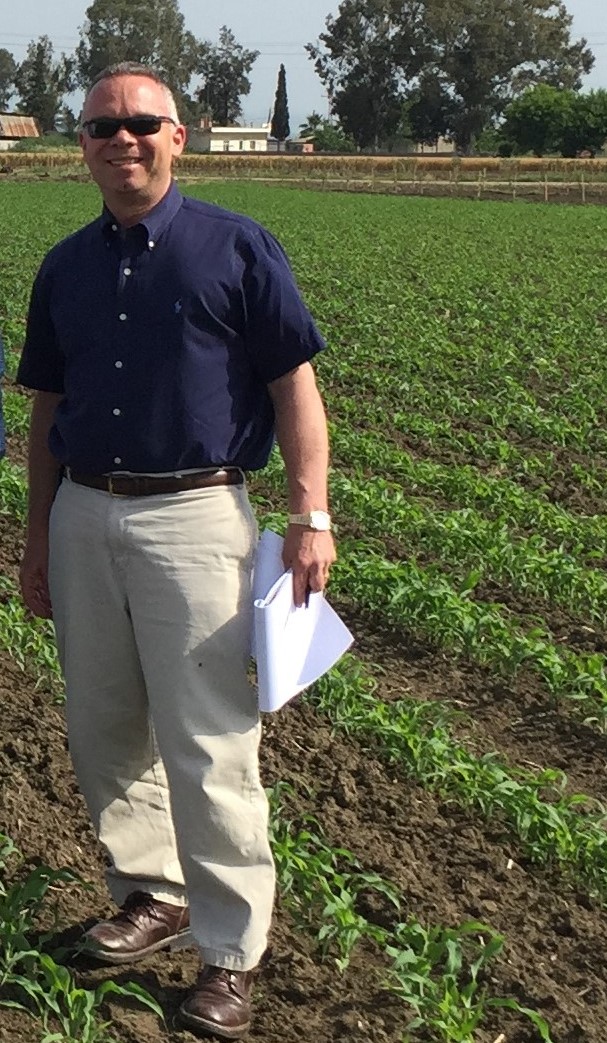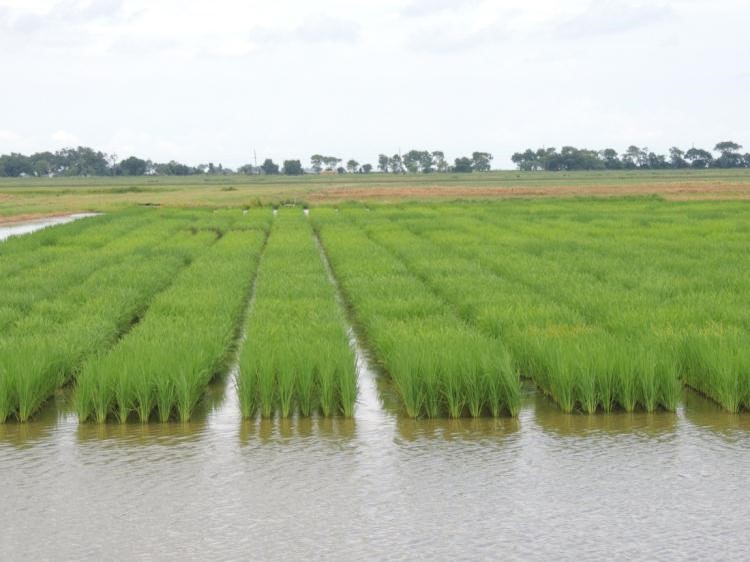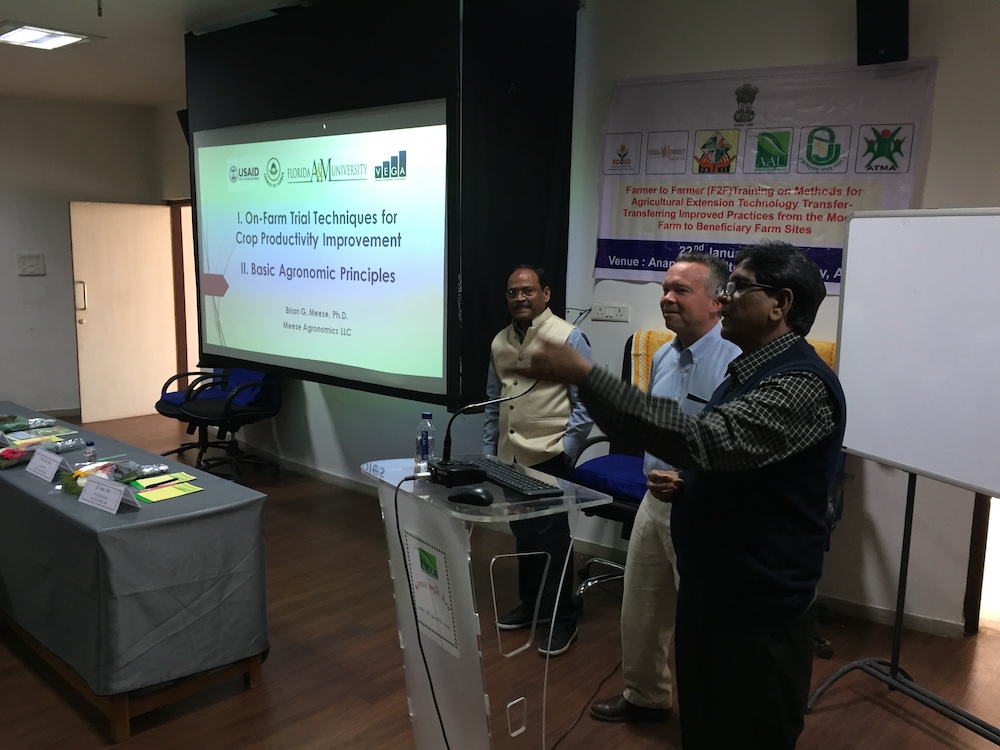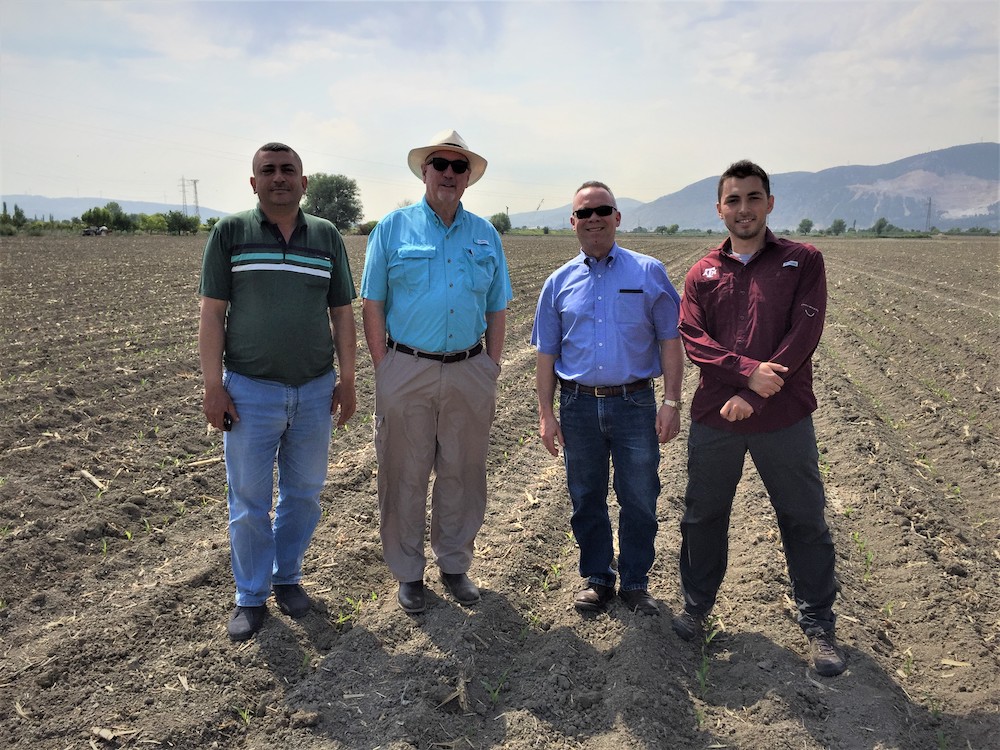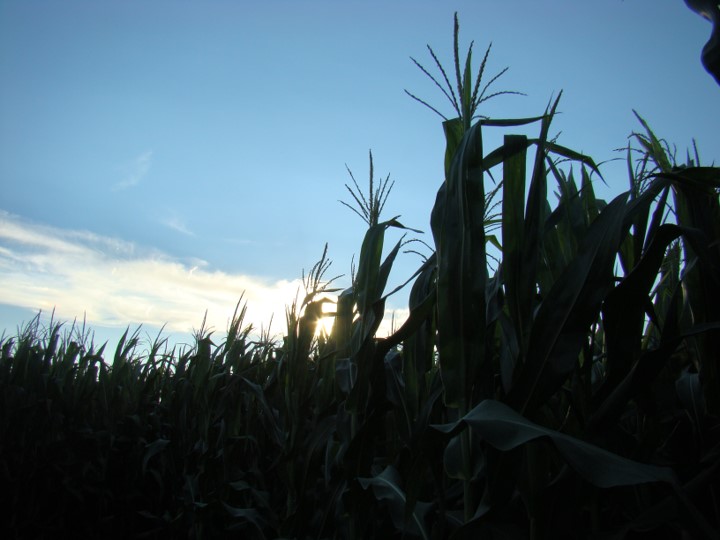ABOUT
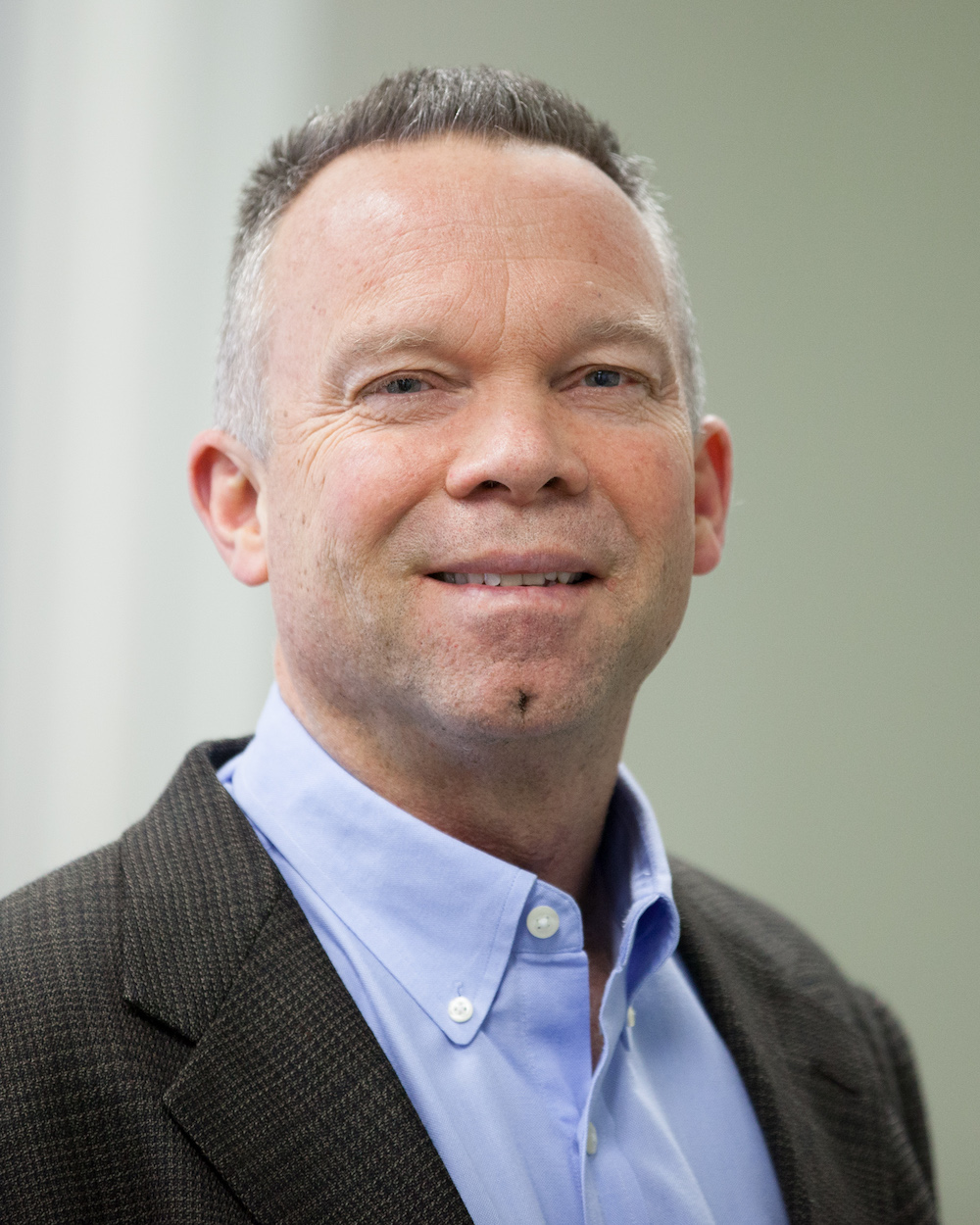
Brian G. Meese, Ph.D.
International Agronomy Research Consultant
Dr. Brian Meese started an independent agronomy research consulting company in 2017 focused on international agriculture after enjoying over three decades conducting or managing agronomy research programs including 23 years in the seed industry.
After obtaining a B.S. in soils and an M.S. in agronomy from the University of Wisconsin - Madison, and working for three years as a Conservation Tillage Research Specialist at UW-Madison, Brian obtained his Ph.D. in Soil Fertility from Iowa State University.
Positions Brian has held include:
- Concept Farm Operations Leader and Co-Director, Agronomic Services for Asgrow Seed Company
- Technical Information Specialist Team Lead, Monsanto Company (after Asgrow was acquired by Monsanto)
- International Agronomy Research Manager, Pioneer Hi-Bred International
- Field Testing Manager, BASF Plant Science
- Technical Agronomist, Koch Agronomic Services
